Tips to Protect Your Baby from RSV
This post may contain affiliate links provided for your convenience. We earn commissions if you shop through the links on this page. I am also an Amazon Associate and earn from qualifying purchases Read my full disclosure policy.
I participated in an Influencer Activation on behalf of Influence Central for MedImmune. I received a promotional item to thank me for my participation. All opinions are my own.
November 17th is World Prematurity Day. As a parent educator and mother of 3, sharing information that can help other parents has always been important to me. I remember 19 years ago when my first baby was born how worried I was about her contracting RSV because she was born in the fall and was at greater risk for serious complications. RSV disease is a common seasonal virus that occurs in epidemics each year, usually from November through March, although it can vary by geography and year-to-year. RSV is the leading cause of hospitalization in the U.S. for babies during their first year of life. Despite RSV being common, one-third of mothers have never heard of the RSV virus. I am a firm believer that knowledge is power, especially for parents, so let’s share some knowledge about RSV.
I remember bringing my first baby home in the fall and being very concerned about her potential exposure to RSV. I had to return to work and she had to go into child care when she was only 6 weeks old. I the knew that being around so many other children would increase her potential exposure to the RSV virus. Fortunately, I was working full-time as a parent educator and had access to the information and education I needed to protect my baby and allow me to breathe a little easier.
Tips to Protect Your Baby from RSV
What is RSV
RSV is a common virus that is typically found from November through March, although it can vary from year to year and in different geographic regions.
RSV is contracted by nearly all children by the time they’re 2 years old.
For most children (healthy, full-term babies), having RSV causes mild to moderate cold-like symptoms.
Preemies are at higher risk for RSV. Babies born prematurely are at increased risk for developing severe RSV and are twice as likely as full-term infants to be admitted to the hospital for RSV-related symptoms.
Symptoms – Contact your child’s pediatrician immediately if your child exhibits any of these symptoms.
Persistent coughing or wheezing.
Bluish color around the mouth or fingernails.
Rapid, difficult or gasping breaths.
Fever, especially if it is over 100.4°F (taken rectally) in infants under 3 months of age.
How Can I Protect My Baby – RSV is highly contagious and is spread easily through touching, sneezing and coughing.
The virus can live on the skin and surfaces for hours. There is no treatment for RSV once it’s contracted, so prevention is the key.
To minimize the spread of RSV, parents should:
- Wash your hands and ask others to do the same.
- Clean toys, clothes, blankets and sheets frequently.
- Avoid crowds and other young children during RSV season (November through March).
- Never let anyone smoke around your baby.
- Avoid people who are ill or have recently been ill.
Where can you learn more about RSV?
Visit www.RSVprotection.com for more information, including:
- tips on talking to your pediatrician about your child’s risk factors,
- data about the RSV season where you live
- real stories about families experiences with RSV.
Information is the best way to protect our children. Who do you know that you can share this information with?
More Parenting Tips
Parenting Tips from a Mother of 3 and Parent Educator

I’m a mom of 3, a veteran, military spouse. I’ve moved into 20+ homes all around the world. My passion is helping busy people make the space and time for what’s really important to them. Learn more about Organized 31 and me.

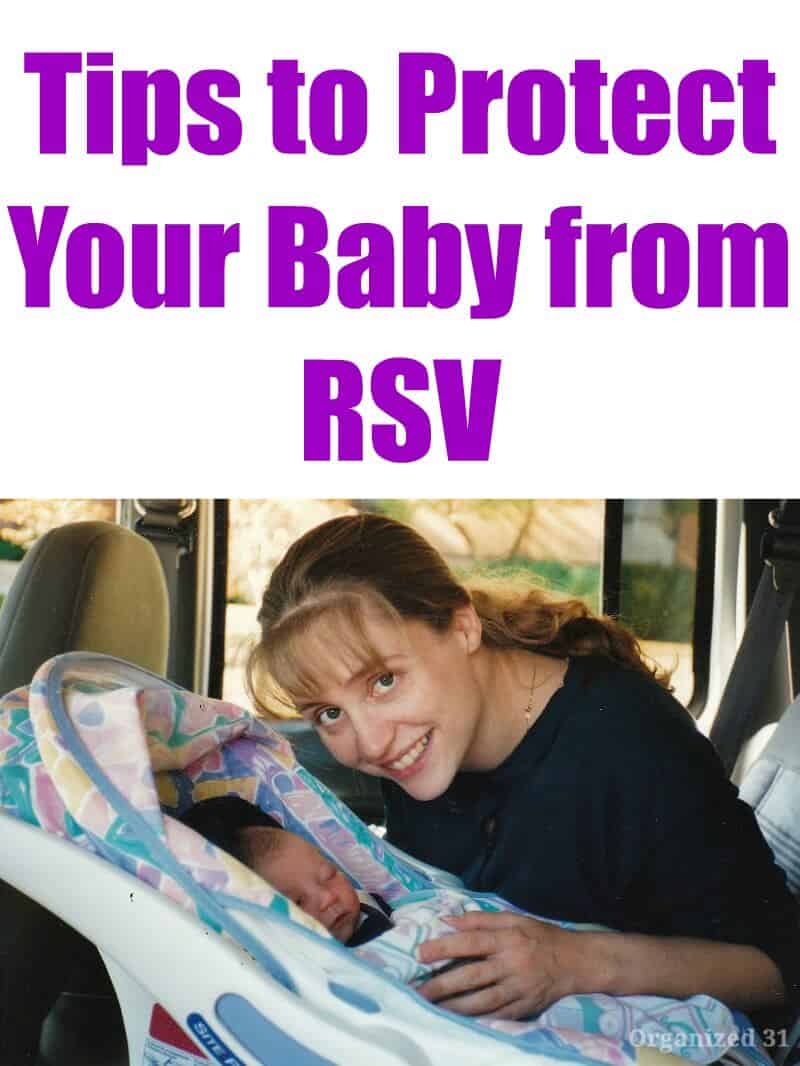

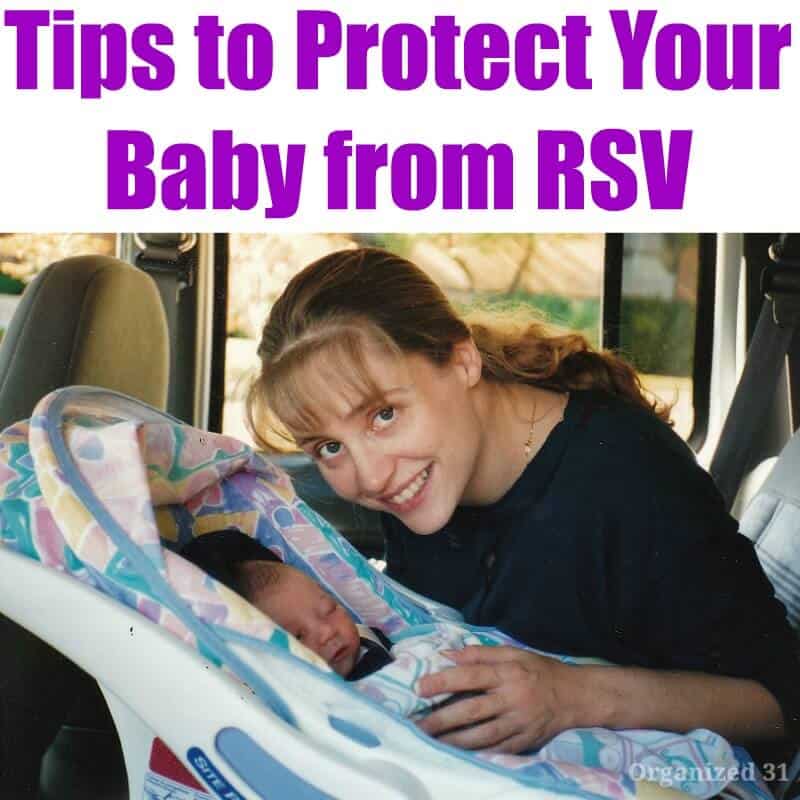
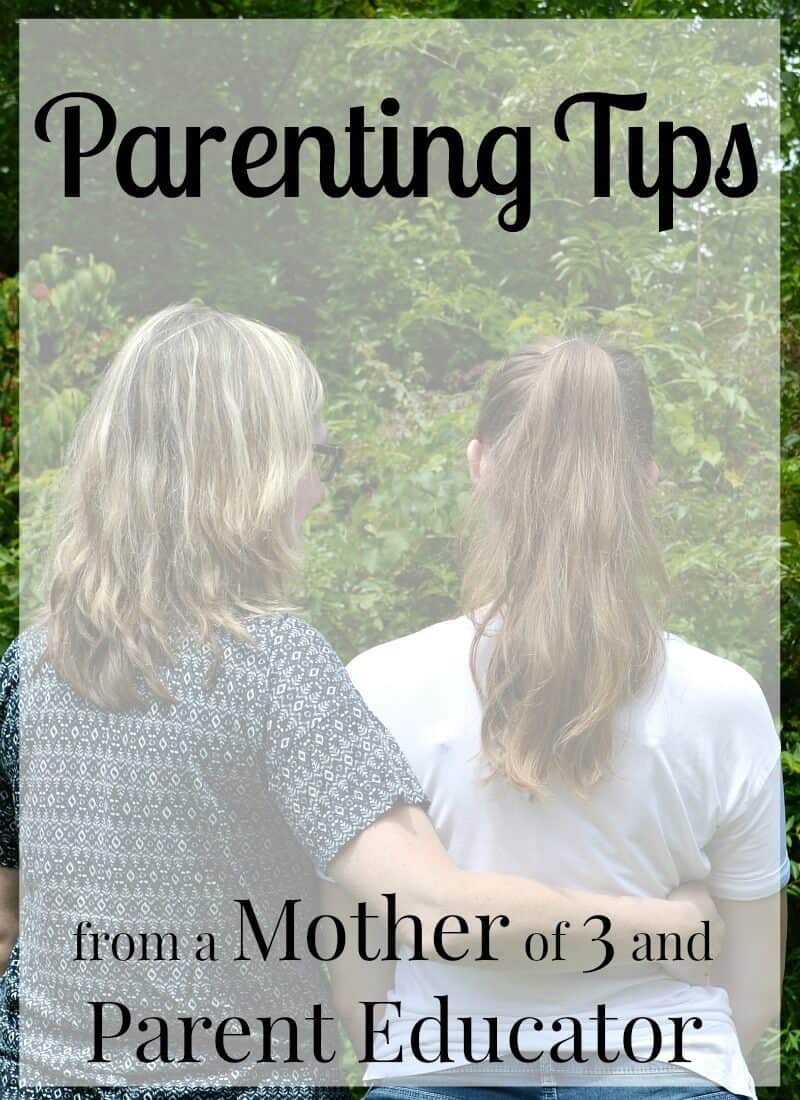
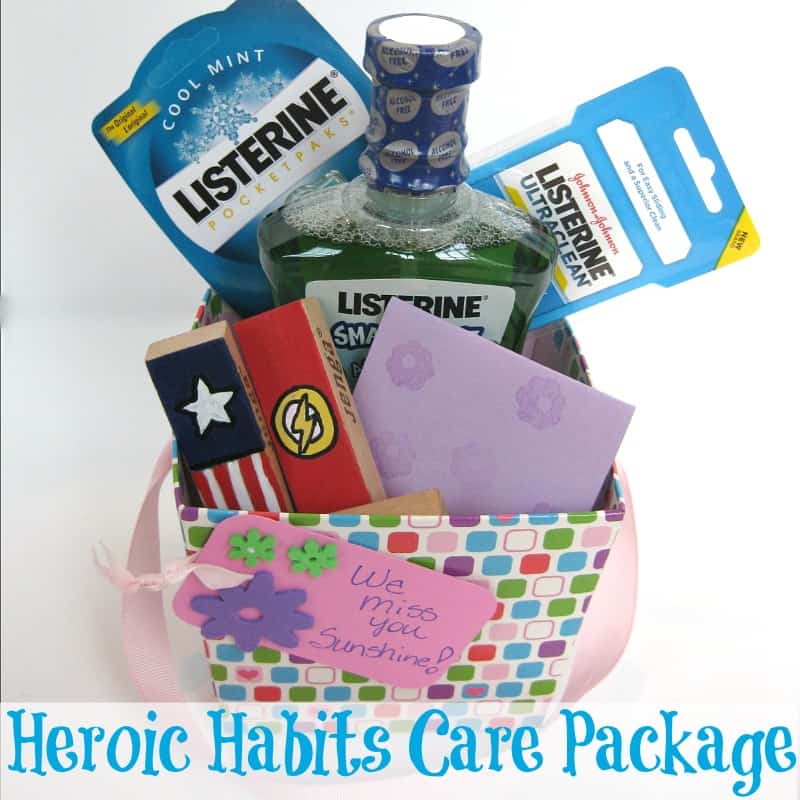
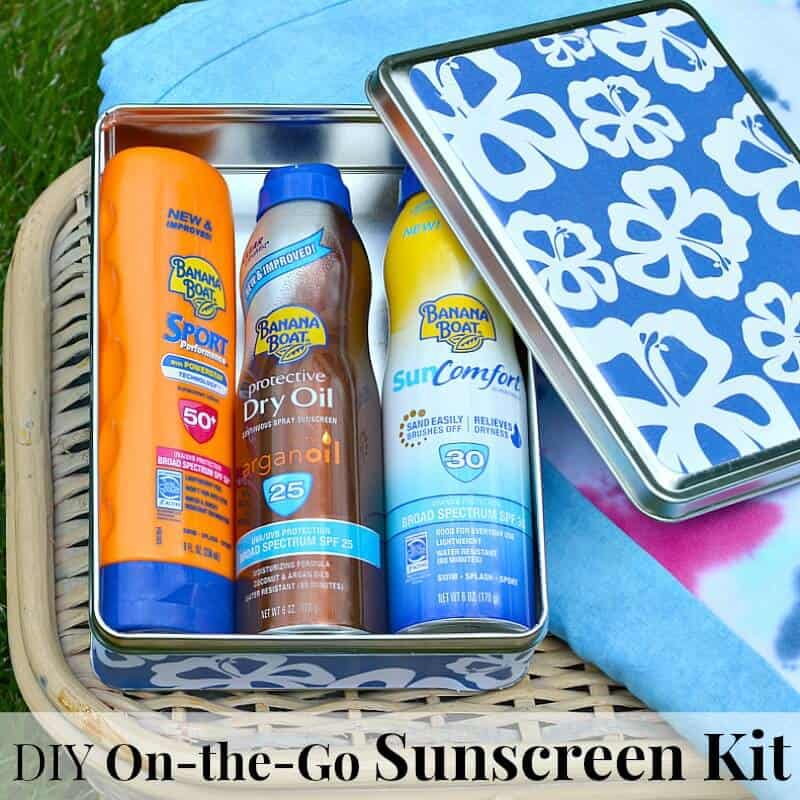
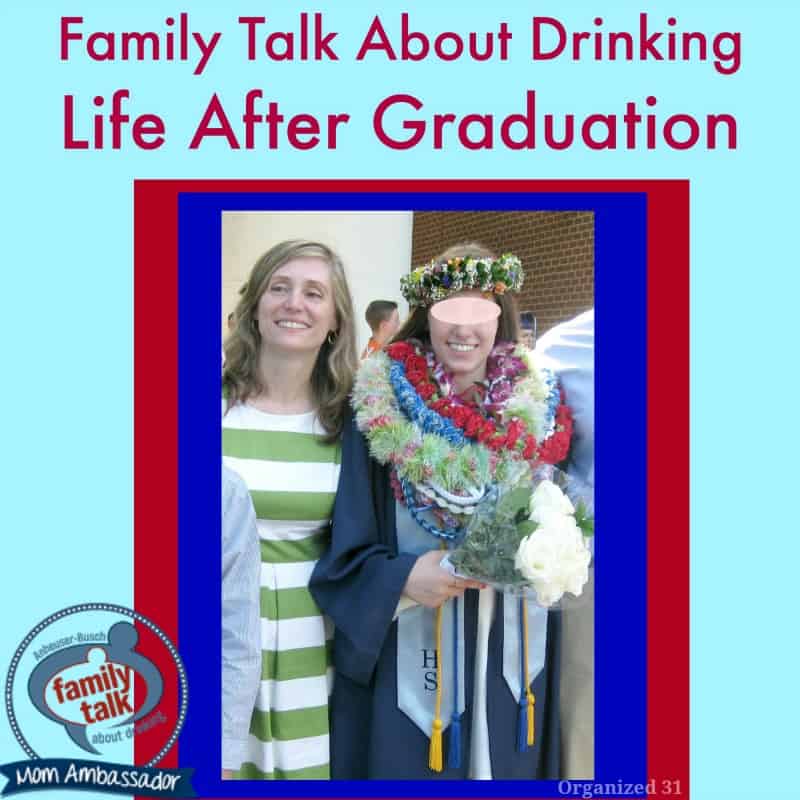

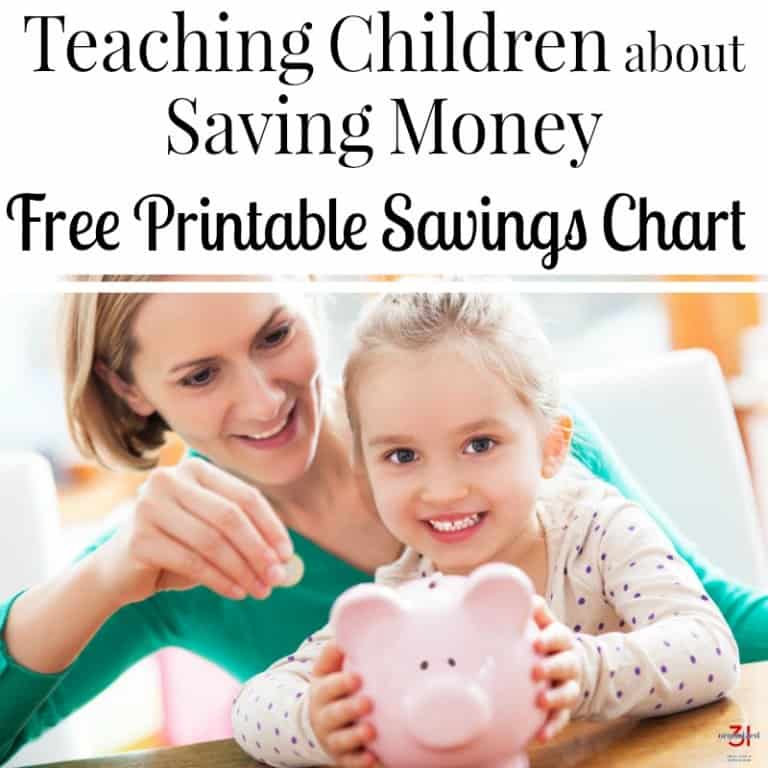
Hi Susan – What an informative article, and thank you for sharing such important information! PS – love the picture of you!!! Hugs, Holly
Love your photo! I have to say that I really didn’t know all of this information. I don’t have a little one anymore, but this is something I will remember to pass this on to my daughter and neighbor.